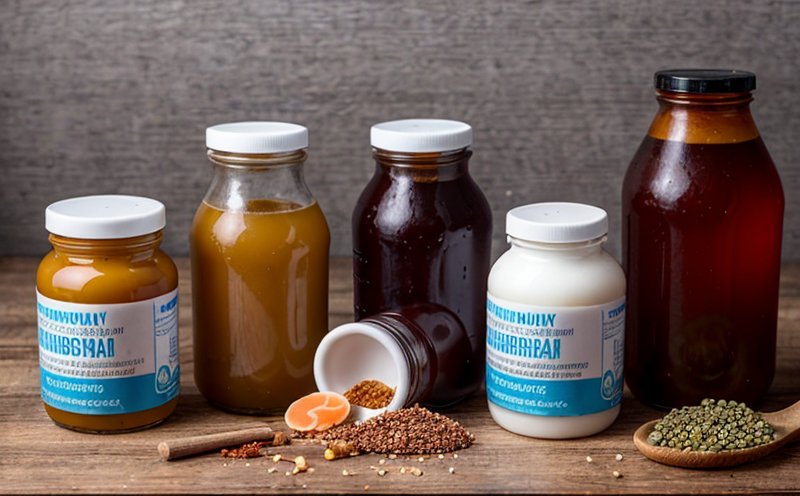ISO 13913 Starter Culture Viability Testing in Fermented Products
The ISO 13913 standard is a critical tool used by the food and beverage industry to ensure the safety, quality, and efficacy of fermented products. This service focuses on starter culture viability testing in fermented products using this internationally recognized standard.
Starter cultures are essential ingredients that influence the flavor, texture, and shelf-life of fermented products such as yogurt, cheese, sauerkraut, and kimchi. Ensuring these cultures remain viable throughout production processes is crucial for maintaining product consistency and safety.
The ISO 13913 standard specifies methods to determine the viability of starter cultures in various environments common during fermentation processes. This includes assessing survival rates under different temperature conditions, pH levels, and nutrient availability. By adhering to this standard, manufacturers can guarantee their products meet international quality benchmarks.
The testing process involves several steps: first, selecting appropriate samples from the production line or laboratory cultures; second, preparing these samples according to specified protocols outlined in ISO 13913; third, conducting tests to measure bacterial counts and metabolic activity; finally, interpreting results against set criteria defined by the standard.
This service ensures compliance with regulatory requirements while also helping companies optimize their processes for better outcomes. For instance, understanding how different environmental factors affect culture viability allows businesses to make informed decisions about storage conditions and handling practices.
Moreover, this testing helps maintain consistency across batches of products by providing consistent data points which can be used as benchmarks during development stages or troubleshooting issues within existing production lines.
Scope and Methodology
The scope of the ISO 13913 starter culture viability testing includes determining the survival rate of microorganisms under various stress conditions encountered during fermentation processes. This involves evaluating factors like temperature fluctuations, pH changes, and nutrient availability.
- Sample Collection: Representative samples are taken from different stages of production to ensure a comprehensive assessment.
- Preparation: Samples are prepared according to ISO 13913 guidelines to maintain integrity during testing.
- Testing: Various methods may be employed including microscopy, colony-forming units (CFU), and respiration assays depending on the specific requirements of the product being tested.
The methodology follows strict procedures as outlined in ISO 13913 to ensure accurate and reliable results. These procedures are designed to mimic real-world conditions encountered during fermentation processes, providing insights into how well starter cultures perform under actual production circumstances.
Benefits
- Enhances Product Quality: Ensures consistent product quality by verifying that starter cultures remain viable throughout the entire production process.
- Promotes Compliance: Meets regulatory standards and ensures compliance with international guidelines, thereby reducing legal risks associated with non-compliance.
- Supports Innovation: Provides data needed for R&D teams to innovate new products or improve existing ones based on scientific evidence rather than guesswork.
Industry Applications
- In the dairy sector, this service helps manufacturers produce consistent yogurt and cheese with optimal flavor profiles.
- For producers of fermented vegetables like kimchi and sauerkraut, it guarantees product safety and extends shelf life by ensuring cultures remain active during storage.





